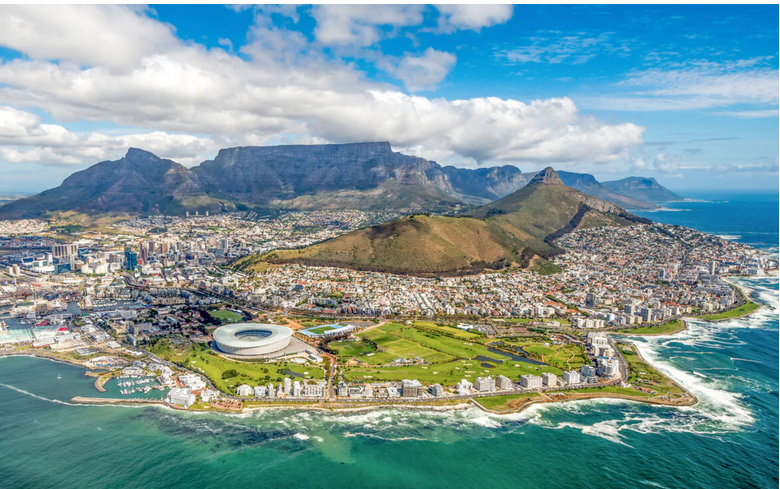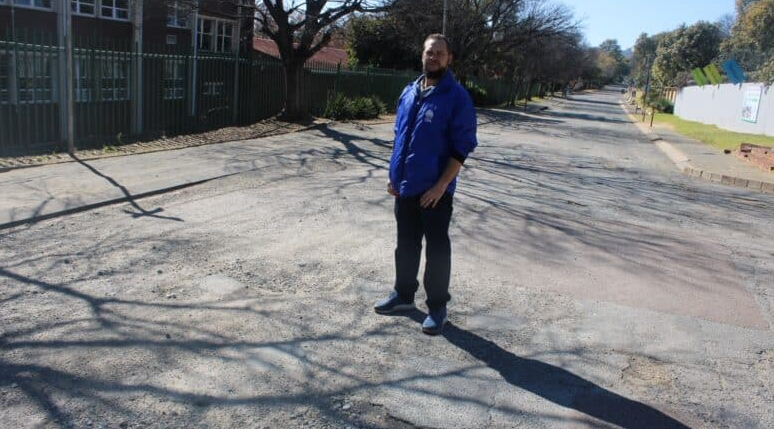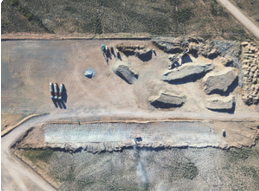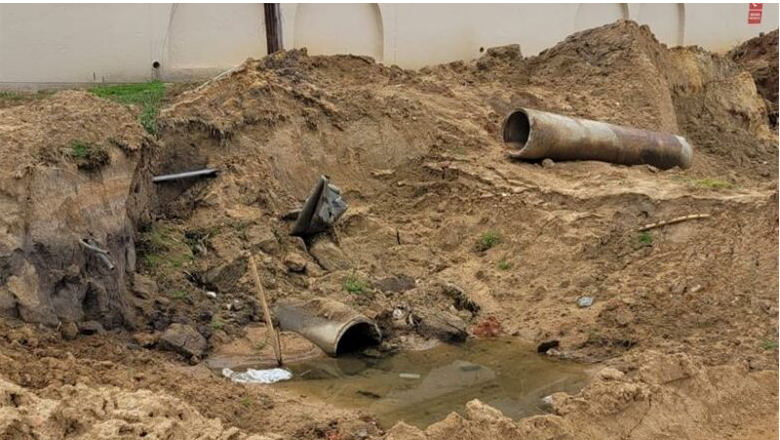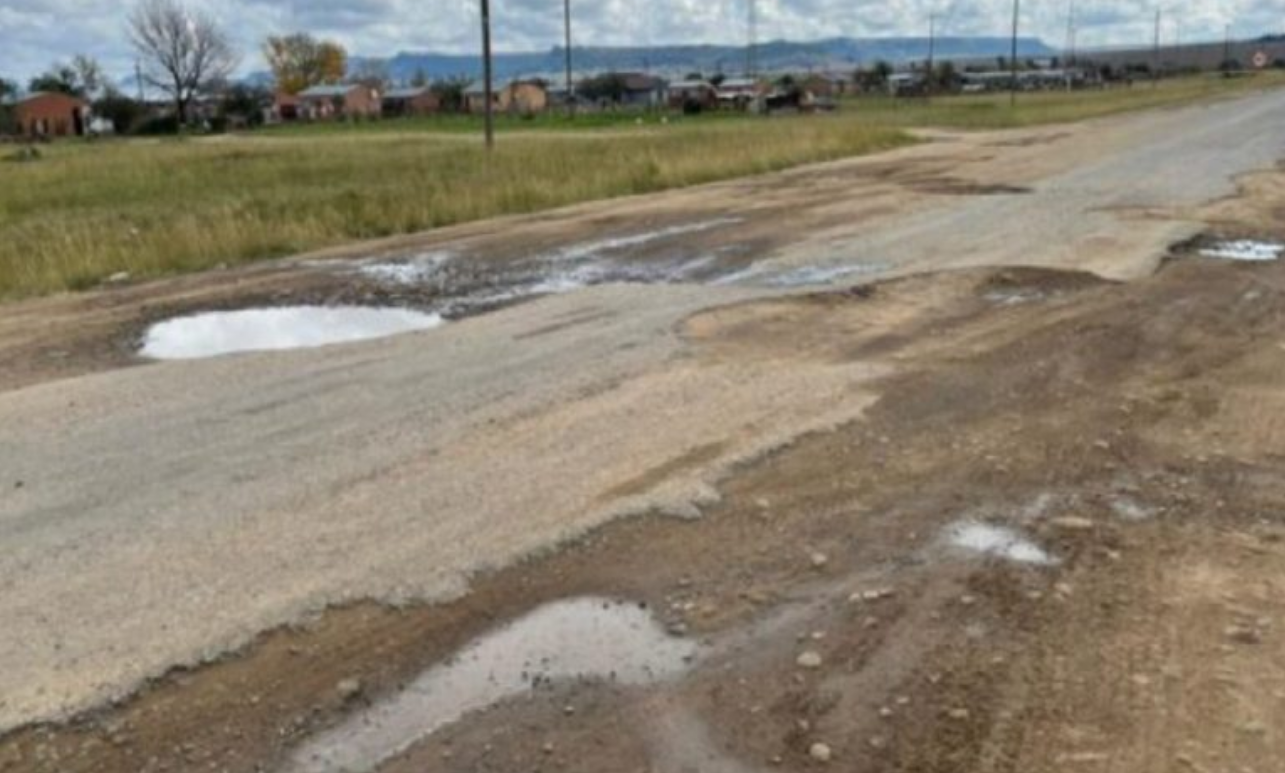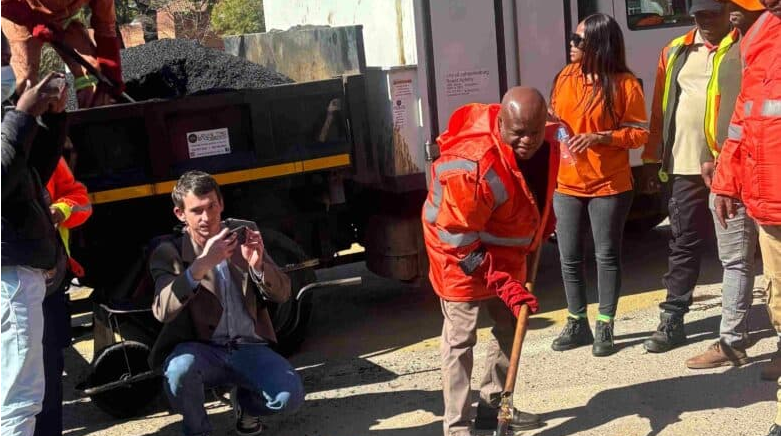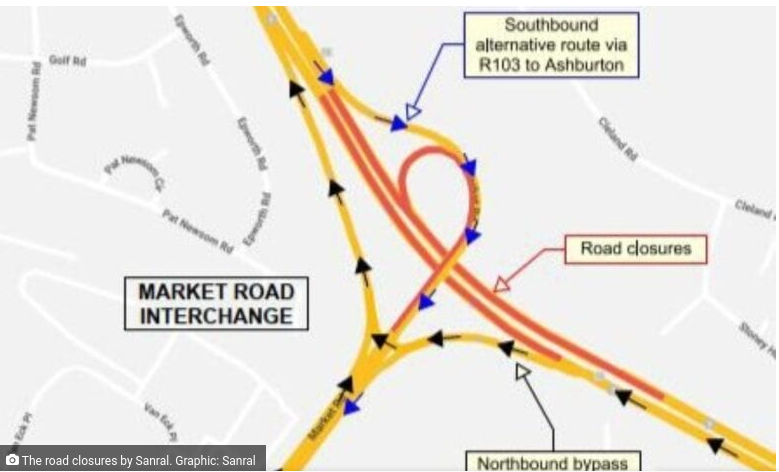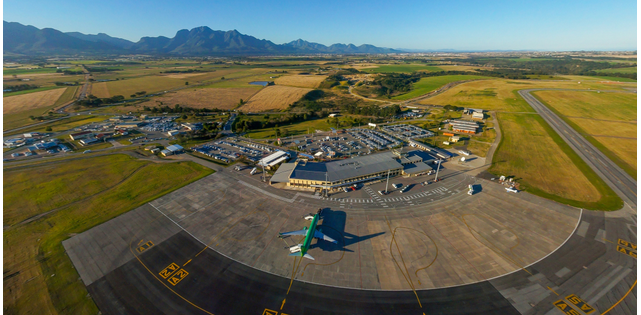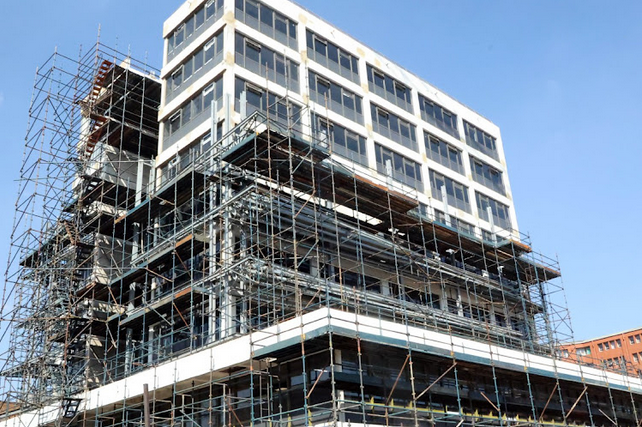R78bn boost for services

Advertising
25-10-2005
Read : 21 times
Sapa
cape town - government will spend an additional r78.3bn over the next three years on improving public services, infrastructure and boosting the fight against crime, finance minister trevor manuel announced on tuesday.
delivering his medium-term budget policy statement in the national assembly, he said the revised growth outlook, robust revenue performance and a steadily declining burden of debt service costs again allowed for substantial increases in spending plans over the next three years.
according to the document, total spending will increase from the revised estimate of r415.8bn in 2005/06 to r474bn in 2006/07, and r568.7bn in 2008/09.
government investment spending on key transport networks - road, rail, and ports infrastructure - will increase markedly in 2006 and beyond.
stepped up investment in the residential and local built environment - housing, community services, water and electricity - has also been prioritised.
manuel said expansion of income support for the vulnerable had been the priority over the past five years.
these programmes would continue to be responsibly financed and managed, but in the decade ahead, priority had to be given to strengthening and improving public health care and education.
key initiatives to be reinforced in the 2006/07 budget included upgrading and revitalising hospitals, and additional funding for medical equipment and information systems; consolidating primary health care services under provincial administration; and increased funding for school buildings, facilities and curriculum materials, he said.
the document says social and welfare spending in 2006/07 is estimated at r82.2bn, increasing to r97.2bn in 2008/09.
over the same period, spending on education is expected to rise from r91.2bn to r112.8bn, and health from r53.5bn to r64.6bn.
the budget for police, prisons and courts is expected to go up from r51.5bn to r60.8bn, while the housing and community development allocation goes from r25.1bn to r30.6bn.
the estimated budget for transport and communications rises from the 2005/06 revised figure of r19.8bn to r26bn in 2006/07, and to r30.4bn in 2008/09.
gdp growth is expected to moderate to just above 4% in 2006, before increasing to between 4.4% and 5% in 2007 and 2008.
manuel said pointers showing notable acceleration in growth was underway included increased vat receipts over the past two years, strong real growth in the wholesale and retail trade, and expanded credit extension.
they also included key indicators of production trends, such as cement sales, food and beverage output growth, and furniture production.
in addition, estimates showed capital spending plans in the public sector totalling r111bn next year, and r136bn in 2008/09.
private sector investment also remained healthy, including residential construction growth of over 20% and manufacturing sector investment growth of 6.5% in the first half of this year.
"in the present context of higher oil prices and slower growth internationally, we may see some moderation of south african growth next year, and inflation is expected to rise to an average of 5.2% for the year," he said.
however, the overall impact on the economy was offset by buoyant commodity export prices, and the large share of oil needs being met by domestic synthetic fuel production.
manuel said he and sa reserve bank governor tito mboweni had agreed that inflation targeting for cpix (excluding bond costs) would remain in the 3% to 6% range over the three-year period ahead.
according to the document, the revised revenue estimate for 2005/06 is r400bn - r30bn more than the february budget estimate.
tax receipts have been boosted by the overall vigour of the economy, robust consumer spending, higher than expected company profits, and rapid growth in exports.
debt service costs this year are expected to be r52bn, or r1.3bn less than anticipated in february.
the revised estimate of total national budget spending of r416bn results in an expected deficit of r15.7bn, or 1% of gdp. the deficit is projected to average about 2.1% over the next three years.
the tax reform agenda for 2006/07 includes inflation adjustments to monetary thresholds, including income tax brackets, transfer duties, and the graduated rate structure of small businesses.
tax reforms addressing retirement funds will also be considered, as will making certain contributions, to conservation, environment and animal welfare, tax deductible.
Recent News
Here are recent news articles from the Building and Construction Industry.
Have you signed up for your free copy yet?
